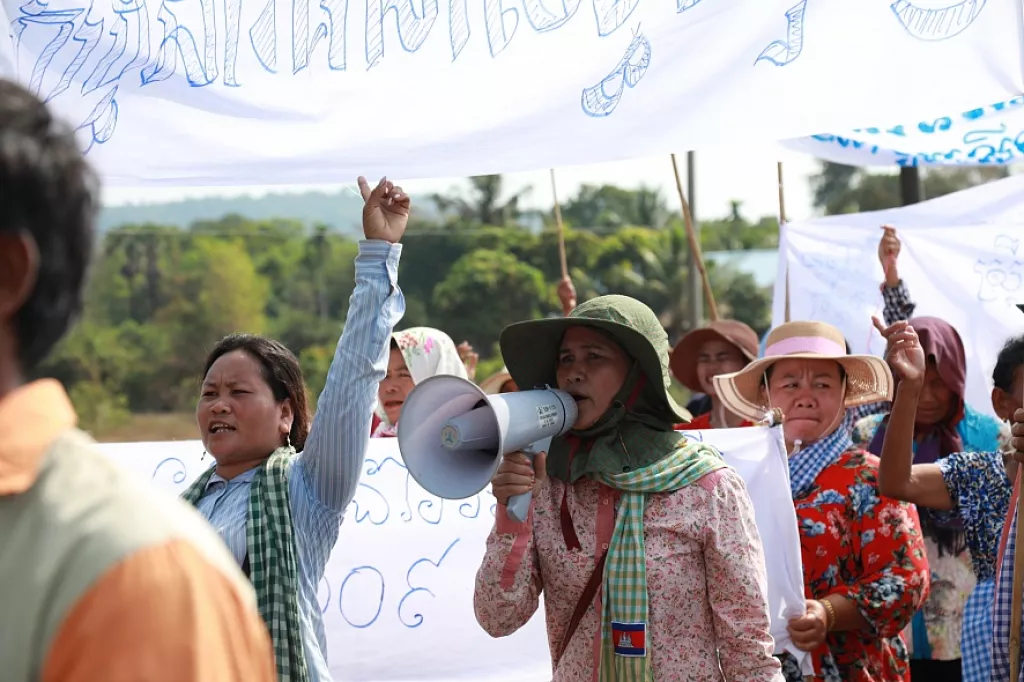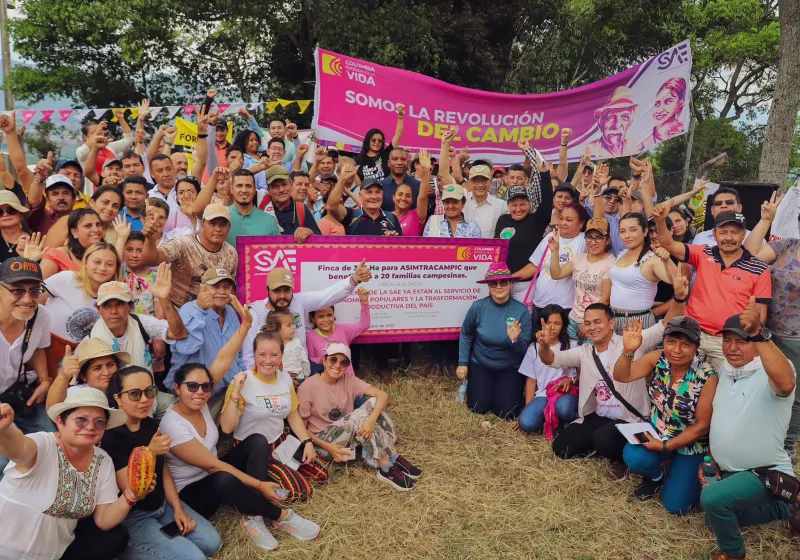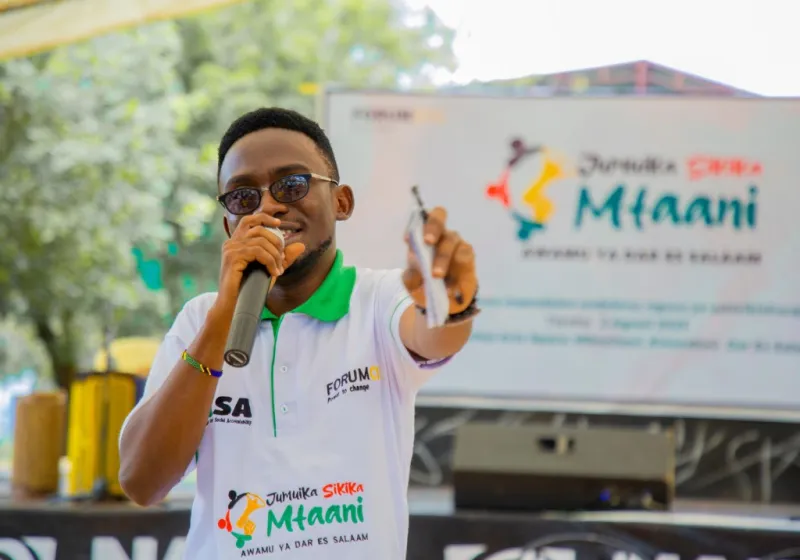The coronavirus pandemic pressures Cambodia to shut down the space for freedom

Cambodia currently has a total of 122 cases of COVID-19, most of them are foreigners who travelled to the country as tourists. 91 patients have recovered, according to a statement from the Ministry of Health on Wednesday 15th of April 2020. This forced the government to take serious measures against the widespread of the virus. For example, by closing down schools, movie theatres and casinos, as well as postponing the Khmer New Year celebrations to prevent people from gathering.
If citizens' free speech and rights are restricted, it might serve political interests rather than fighting against the virus, and in turn, shrink the civic space.
Even though the measures are needed to protect the country and its population, several concerns have been raised about the clampdown on free speech and human rights. The government has reacted strongly to people expressing concerns about the virus online. So far 22 people have been arrested for, according to the authority and state media, having posted fake information about the virus and the spread of the virus in Cambodia. The arrests came after the prime minister publicly accused everyone who spreads false information. Calling them the real danger, by misleading people to be excessively scared, rather than the consequences of COVID-19. The charges against the online users could link to the political interest of the ruling party as six among the arrested are associated with the former opposition party. If citizens' free speech and rights are restricted, it might serve political interests rather than fighting against the virus, and in turn, shrink the civic space.
The Cambodian parliament adopted a controversial State of Emergency law which allows the government to restrict all civil and political liberties and target human rights, democracy, and media groups.
Prime Minister Hun Sen announced on March 31st that a State of Emergency law is needed to make sure that the government has more power to put the pandemic under control. He warned that human rights could be restricted, accordingly. On the 10th of April, the Cambodian parliament adopted a controversial State of Emergency law which allows the government to restrict all civil and political liberties and target human rights, democracy, and media groups. This includes restrictions on the right to travel and leaving one’s home, affecting the right to freedom of movement. Prohibitions on meetings and congregations of people would impose on the right to freedom of assembly and association. The law allows the state to partake in telecommunication surveillance and to ban or restrict publication of news that could cause panic or chaos, seemingly without a court’s sanction.
The governments newly gained power to further restrict human rights and freedom of assembly is worrisome. Earlier this year the EU decided to withdraw part of the tariff preferences granted to Cambodia to put pressure on the country's government to respect human rights and restore freedom of expression and assembly.
Other recent articles

Statement by The Eastern Partnership Network on Georgian “Transparency of Foreign Influence" law
The Eastern Partnership Network strongly condemns the re-introduction of the contentious “Transparency of Foreign Influence” law by the Georgian Dream Party. We call on the Georgian government to...

Aremos Paz: ploughing furrows of peace in Colombia
After five years the Aremos Paz project have come to an end. Read more about how the project have supported rural communities and the reincorporated population in rural areas affected by the conflict...

12 times civil society changed the world in 2023
Strengthening press freedom, dismantling structural discrimination, eradicating harmful practices, maintaining a helpline despite state crackdown, preserving natural resources, these are just some of...